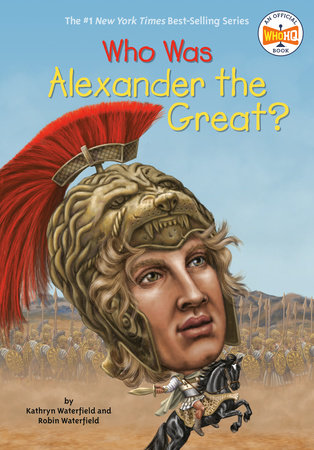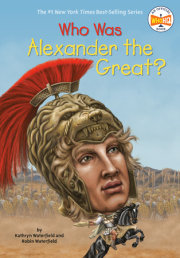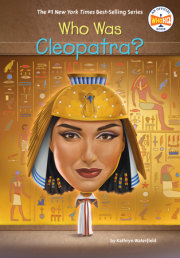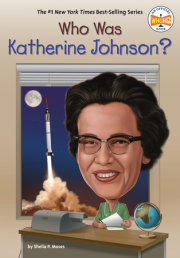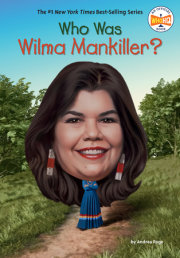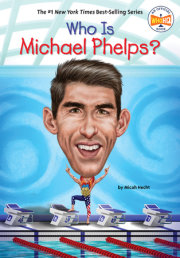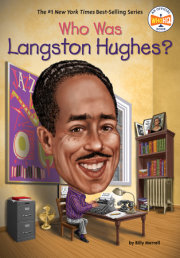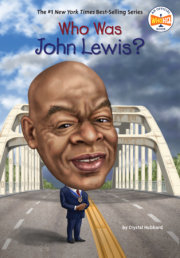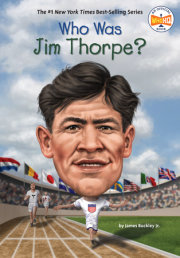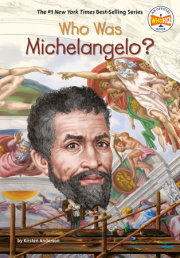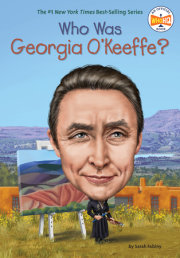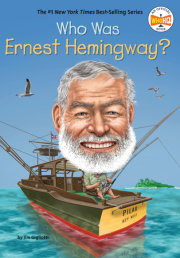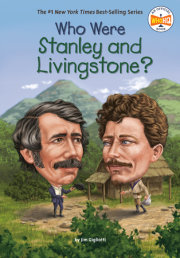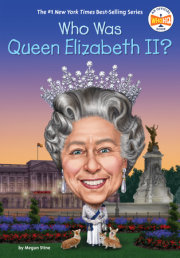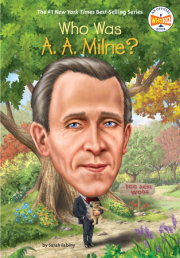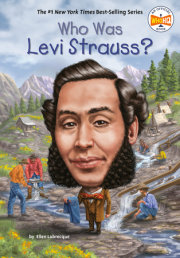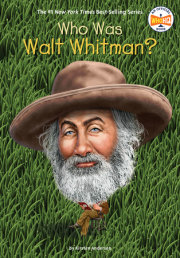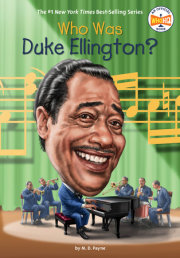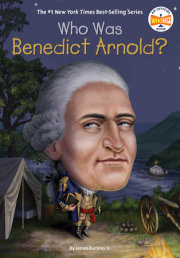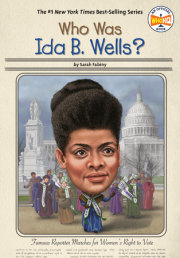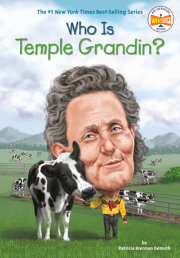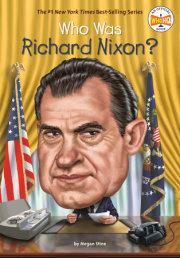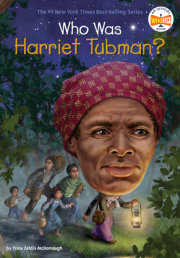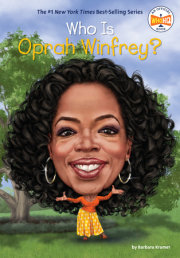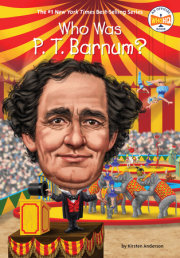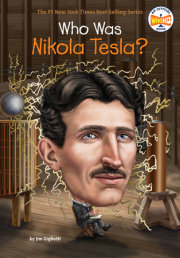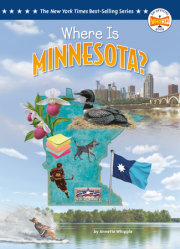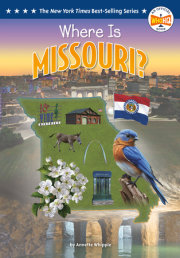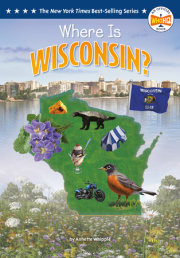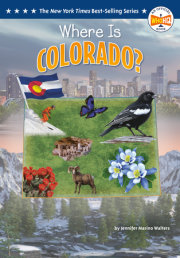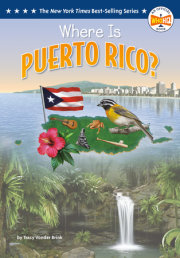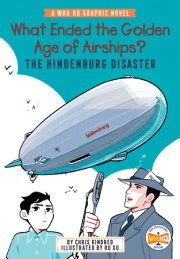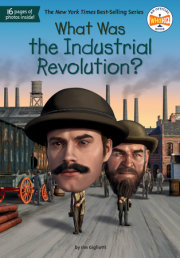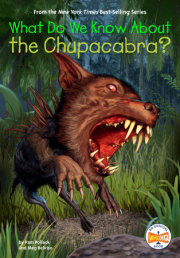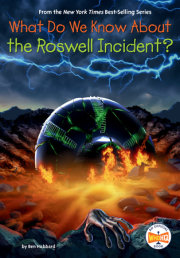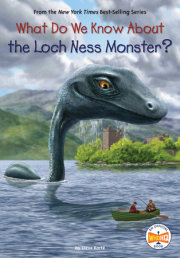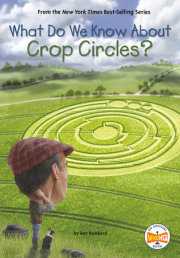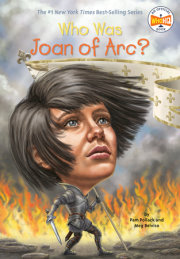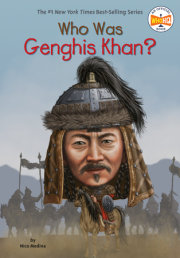Who Was Alexander the Great?It is a special day for King Philip’s son. His name is Alexander, and he is twelve. He is old enough now to go to the horse market with his father and the other men.
At the market a man walks up to Philip. He claims to have the best horse in the world, one fit for a king. He is an amazing horse, sleek and strong. He is black all over, except for a white mark on his forehead. The mark is shaped like the head of an ox. That is why the horse’s name is Bucephalas (say: Boo-KEH-fa-las). In Greek,
Bucephalas means
Ox-head.
Bucephalas is a very difficult horse to ride. Even King Philip cannot mount him. So he refuses to buy the horse and turns to leave. But young Alexander insists that
he can ride the great horse. He wants the horse for himself.
Philip and the others don’t take Alexander seriously. He is too young to ride such a dangerous horse. Alexander, however, won’t take no for an answer. So the king lets him try. Maybe that will teach his stubborn son a lesson!
Is Alexander going to make a fool of himself in front of his father? No! He has noticed something that his father has not. The beautiful horse is afraid of his shadow. So Alexander walks slowly up to Bucephalas. Gently, he takes hold of the lead rope. He turns the horse into the sun, stroking his neck and whispering to him. Bucephalas cannot see his shadow now. The horse calms down. Alexander springs lightly onto its back and gallops off. Everyone is amazed!
This is Alexander’s first conquest. Suddenly King Philip sees his son with new eyes. He tells Alexander that he needs to find a much bigger kingdom to rule. Macedon is too small for Alexander!
King Philip is right. Riding Bucephalas, Alexander goes on to conquer the known world. He leads thousands of soldiers thousands of miles across Asia. He becomes the richest and most powerful king alive. He builds many new cities throughout his empire. He does all this in just thirteen years! No wonder he becomes known as Alexander the Great.
Chapter 1: The Son of His Father Alexander was born in 356 BC in Macedon. Macedon lay to the north of ancient Greece. His father, King Philip II, had seven wives. But Olympias was Philip’s favorite. She gave birth to Alexander. One day, Alexander would become the next king.
Even as a baby, Alexander was famous. Amazing stories sprang up around his birth. He was supposedly descended from the famous Greek heroes Achilles and Heracles. People even said that the god Zeus was really his father, not King Philip. Zeus was the most important of the gods.
Alexander’s mother liked these stories and helped spread them around the kingdom. Alexander grew up believing them, too. He felt sure that he would do great things someday.
Ancient Macedon was a wealthy country. In the plains, crops and fruit trees grew beside wide rivers. The mountains were rich in gold and silver. Their slopes were covered with trees for timber and grazing land for sheep and goats. There were plenty of animals to hunt, too: deer, hare, birds, wild boars—and even lions!
Macedonians loved to hunt in the mountains. Hunting wild boars was extremely dangerous. But a highborn Macedonian was not considered a true man until he had killed a wild boar by himself, with just a spear.
There were other dangers in the mountains besides wild animals. Mountain tribes often raided Macedon. They stole animals, crops, and property.
In 359 BC Alexander’s father became king. Philip was a great general as well as a great ruler. He wanted his people to live in safety. He made his army faster and stronger than any other.
Philip’s new army beat back the enemy tribes. And he allowed Alexander, at age sixteen, to lead troops against mountain men called the Maedi. At this young age, Alexander won his first victory! He built a town in the land of the conquered tribe. He named it Alexandropolis after himself. (In Greek,
polis means
town.) This was the first of many Alexander-towns.
For the first time, Macedon was peaceful and safe. But that wasn’t enough for a king like Philip. He wanted Macedon to be the greatest kingdom in the world. He decided to conquer the Greeks, his neighbors to the south.
The people of Greece and Macedon were a lot alike. They worshipped the same gods. They spoke similar languages. They even looked and dressed alike. In a way, they were like cousins.
But the Greeks didn’t usually have kings. Most ancient Greek states had leaders chosen by the citizens. The Greeks looked down on the Macedonians and other people who were ruled by kings. They didn’t believe that Philip’s army could beat their army of free men. But in 338 BC Philip did just that. The Greeks became his subjects.
What an exciting time for Alexander, the son of the king. Alexander wanted to be a great king like Philip—or even greater. He respected his father very much. But every time Philip captured a town or won a battle, Alexander complained. He said that his father wasn’t leaving anything for him to conquer.
How wrong he was!
Copyright © 2016 by Robin Waterfield and Kathryn Waterfield; Illustrated by Andrew Thomson. All rights reserved. No part of this excerpt may be reproduced or reprinted without permission in writing from the publisher.

